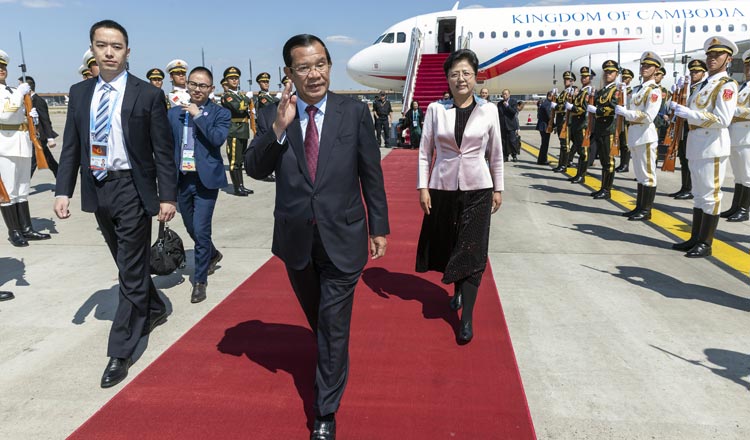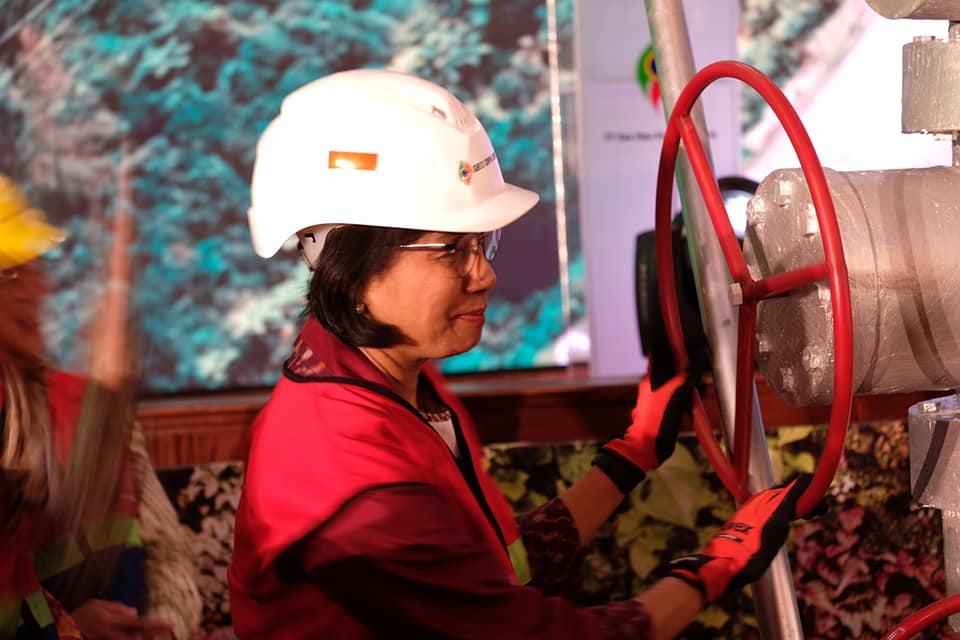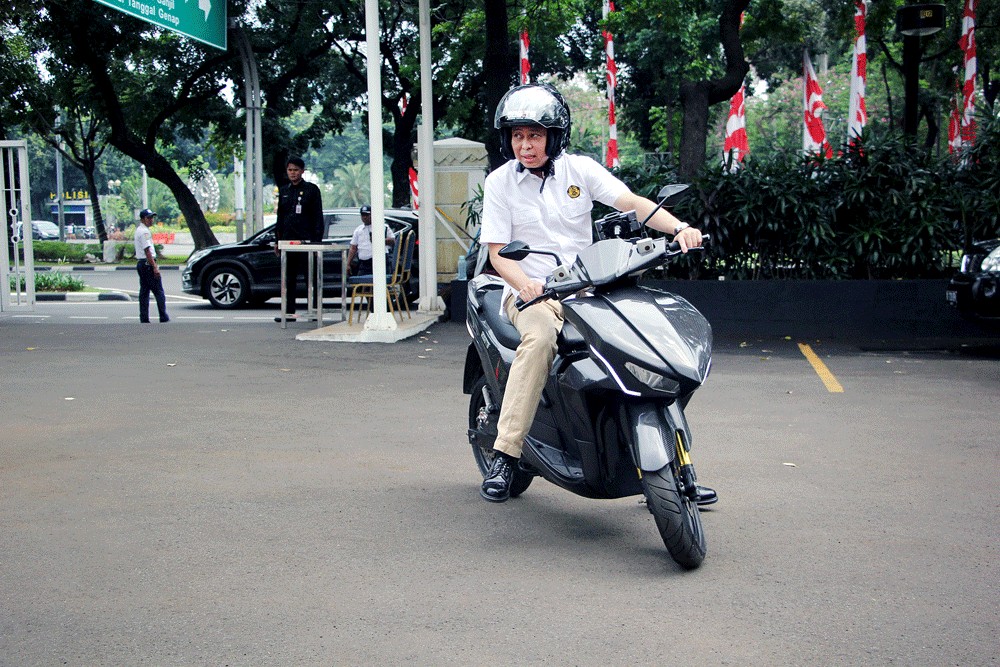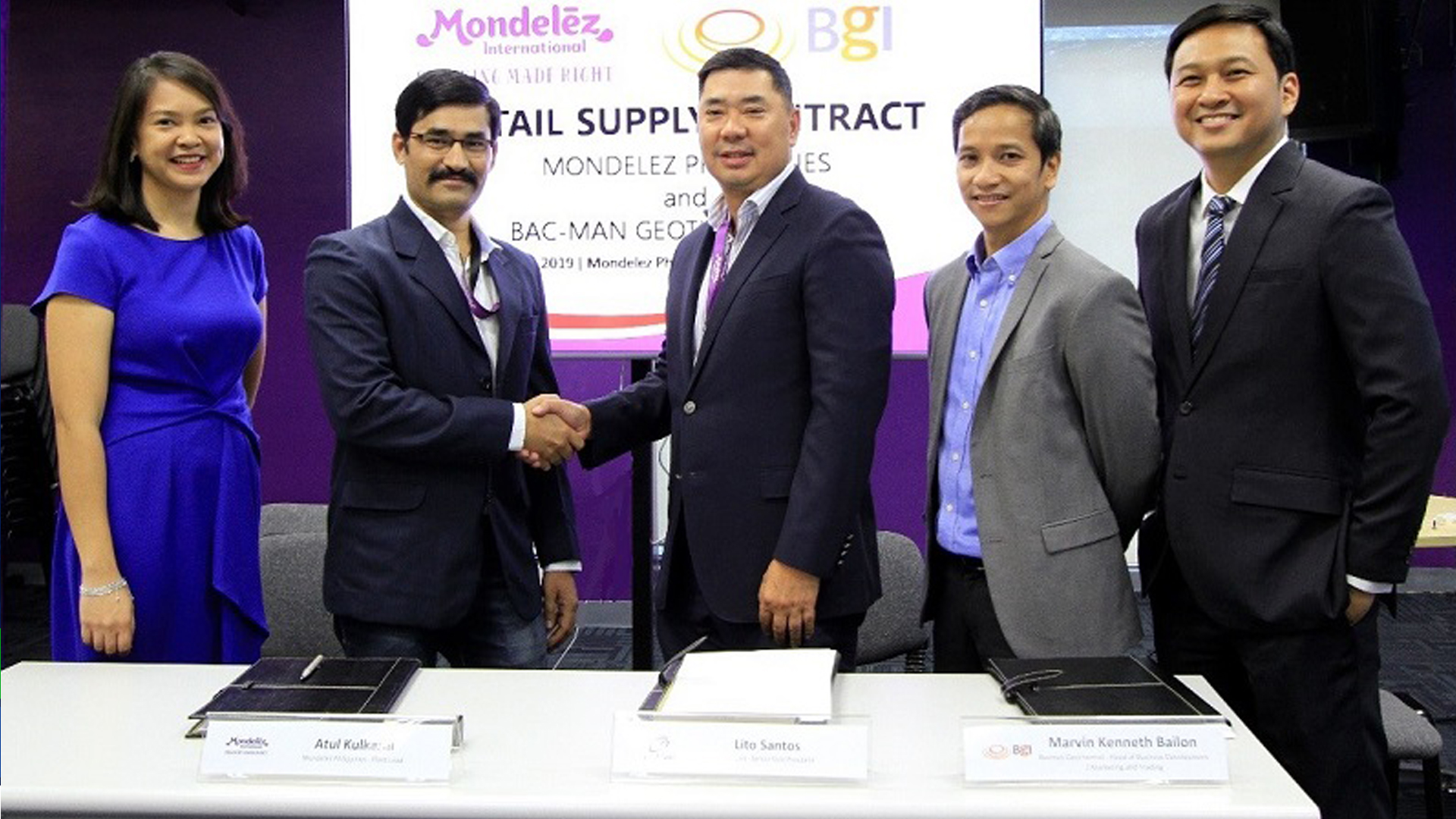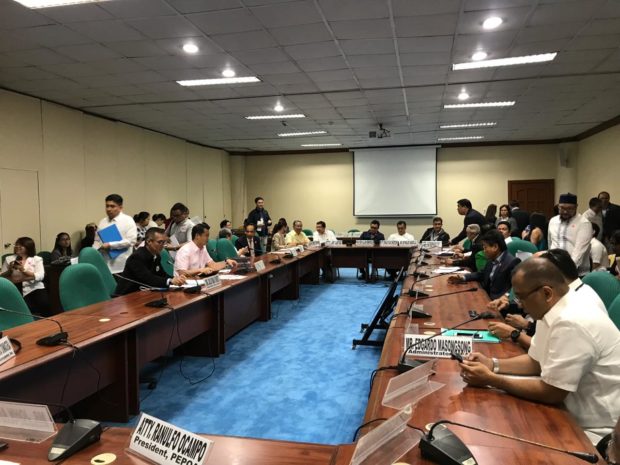- Oil & Gas
–
- Brunei Darussalam
Royal Dutch Shell has cover to take the moral high ground in Brunei. A corporate governance group, which counts big-name investors like Standard Life Aberdeen as members, wants the $260 billion energy giant to use its clout in the tiny Southeast Asian state to press for gay rights. Shell will be cautious of fallout elsewhere, but it has the leverage to start a meaningful dialogue.
The decision by Brunei to implement laws this month that could result in people being whipped or stoned to death for same-sex relations has been widely criticised outside its borders. Brunei already had Islamic criminal law, but the even harsher rules have prompted celebrities and even Deutsche Bank to boycott hotels like London’s The Dorchester, owned by the country’s state-owned investment agency.
The sultanate is unlikely to listen to George Clooney, Elton John or even the German bank. Those bans probably affect hotel employees more. But it will be hard to ignore Shell, a 50-50 partner in the joint venture that makes up 90 percent of Brunei’s oil and gas revenue, which in turn accounts for over half the GDP.
Shell boss Ben van Beurden, meanwhile, has grounds to use the request from Eumedion, however vague, as an overture. He can argue harsh laws make it tough to do business, restricting staff movements, for example, and clashing with United Nations-endorsed principles on human rights that the group signed up to.
Taking on a decision to apply sharia law will be delicate for a company operating in the Middle East. Activist shareholders may argue that there is little reason to focus only at gay rights at the expense of other assaults on human rights. Shell’s business in Brunei is also significant, but not company-defining.
Shareholders are increasingly pressing companies to right moral wrongs. Resources firms are already struggling with environmental concerns. A dialogue in Brunei, under cover of shareholder demands, is a step that gives Shell some credit, but a fix will not be swift. For companies throwing down demands, it is rarely effective unless they are prepared to pull their business and walk.


